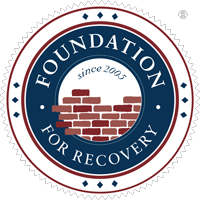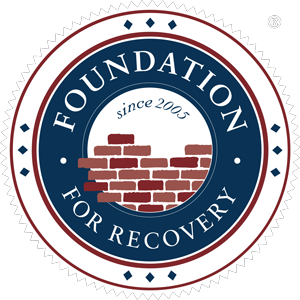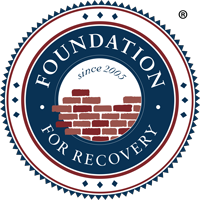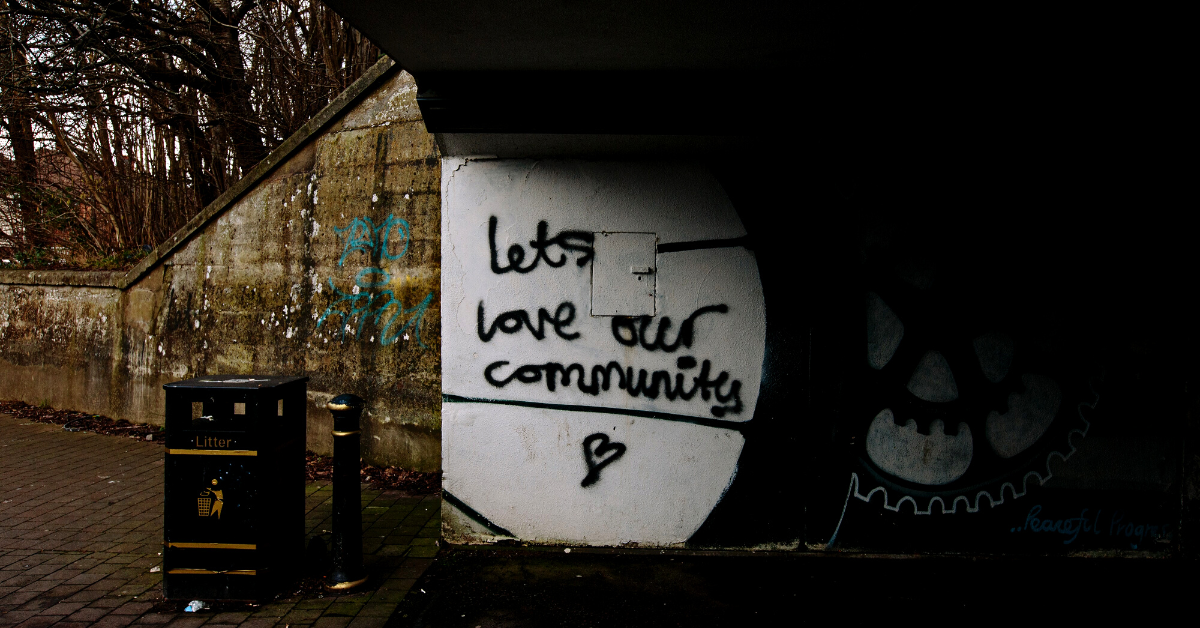We recognize that we live in arduous times—the recovery community and our country. From COVID-19 to racism, the challenges we face today have underscored America’s long-standing disparities in healthcare, criminal justice, equality, employment, opportunity—and more. We wholeheartedly recognize that communities of color have historically been—and continue to be—disproportionately impacted by these systemic issues.
Foundation for Recovery along with our partner agency, The Recovery Advocacy Project (RAP), was founded on recovery principles and values. We encourage all advocates to remain close to your recovery practices—and place your principles into action by addressing the institutional challenges and barriers to recovery choice and access for especially within communities of color.
As an organization, we pledge intentional diversity, equality and inclusion to be our guiding light and reject all forms of racism as destructive to our mission and goals.
This is a conversation that must move forward—and we are committed to being a part of the solution.



